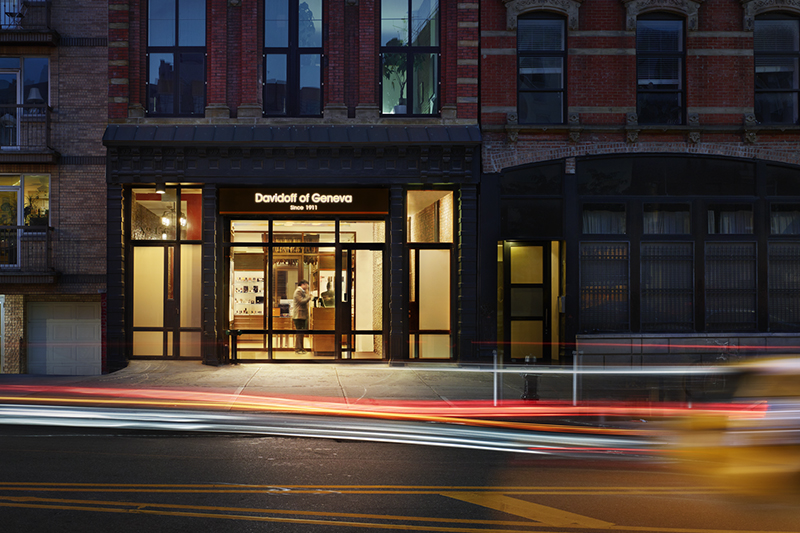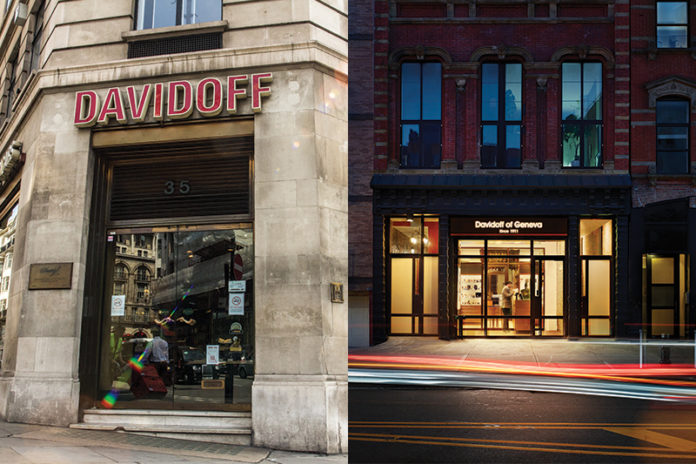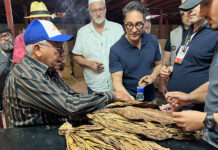It’s not easy working in retail, especially when your main product category is tobacco. From the constantly changing local ordinances to anti-tobacco legislation coming from both the state and federal levels, it sometimes seems like the world is against tobacconists. Yet, many choose this profession despite the challenges, and new tobacco retail stores, lounges and bars continue to open throughout the U.S. every year.
Tobacco retailers are a resilient bunch, representing some of the most savvy, business-minded entrepreneurs you’ll ever come across. But how exactly are tobacconists making it all work? Tobacco Business decided to find out by examining how two tobacconists—one in New York and the other in London—run their businesses. We asked each the same questions about their stores, the products they carry and the challenges they face on a daily basis. Though the retailers had never met or spoken to one another, common themes emerged in their responses, from challenges like a lack of manufacturer support to successes like their approaches to merchandising strategies. The discussion also revealed tactics that retailers of varying sizes can use to increase traffic, boost profits and gain loyal customers.
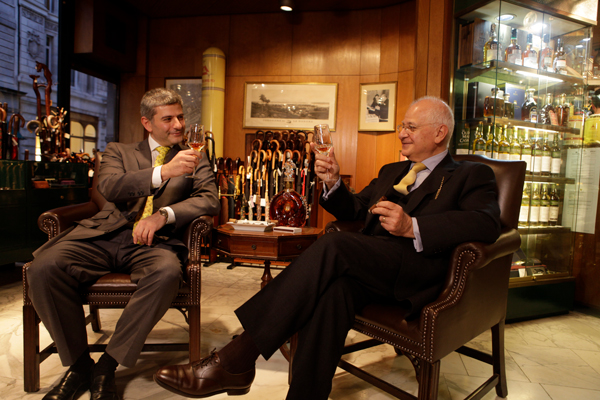
The Tobacconists:
Eddie Sahakian runs Davidoff of London with his father, Edward. Located in the city’s St. James’s Street area, Davidoff of London first opened its doors in May 1980. It carries a wide range of handmade and machine-made cigars from Cuba, the Dominican Republic, Nicaragua and Honduras. It also carries a selection of pipes and pipe tobacco, humidors and smoking accessories.
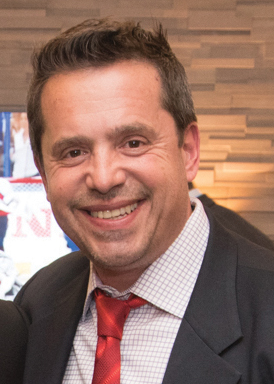 Boris Grossman is the owner and operator of New York-based Matador Cigars and one of the founders of the New York Tobacconist Association. He opened the first Matador Cigars location in Roslyn Heights, New York, over a decade ago. Recently, Grossman was appointed by Davidoff of Geneva to help operate one of its latest retail stores located in the Williamsburg neighborhood of Brooklyn, New York. Both retail stores are described as being professional tobacconist establishments featuring premium cigars, pipes and pipe tobacco as well as a wide assortment of cigar accessories.
Boris Grossman is the owner and operator of New York-based Matador Cigars and one of the founders of the New York Tobacconist Association. He opened the first Matador Cigars location in Roslyn Heights, New York, over a decade ago. Recently, Grossman was appointed by Davidoff of Geneva to help operate one of its latest retail stores located in the Williamsburg neighborhood of Brooklyn, New York. Both retail stores are described as being professional tobacconist establishments featuring premium cigars, pipes and pipe tobacco as well as a wide assortment of cigar accessories.
Tobacco Business: What makes your stores unique?
Eddie Sahakian: We are fortunate to have started aging and improving our cigar stock since the 1980s. Consequently, we have an interesting selection of rare and vintage stock that cannot be found anywhere else.
Boris Grossman: What sets my business apart is that I’m crazy. I invest my money back into the business to continue its improvement. I’ve always said that I’m not in the cigar business; I’m in the atmosphere business. You build a beautiful place and stock the hell out of it, and people will come.
What sort of help promoting your store and its products do you receive from different tobacco manufacturers?
Sahakian: None. Any editorial coverage comes from our own relationships and interactions.
Grossman: More often than not, the manufacturers are very busy with their own issues. It’s very difficult for them to focus on promoting each retailer, but at the very least they should—and for the most part they do—list retailers on their websites. However, plenty of times I’ve found myself having to tell them to add me to their website, even though I’m a huge account for them, which is kind of disappointing. You kind of wish you didn’t have to do that.
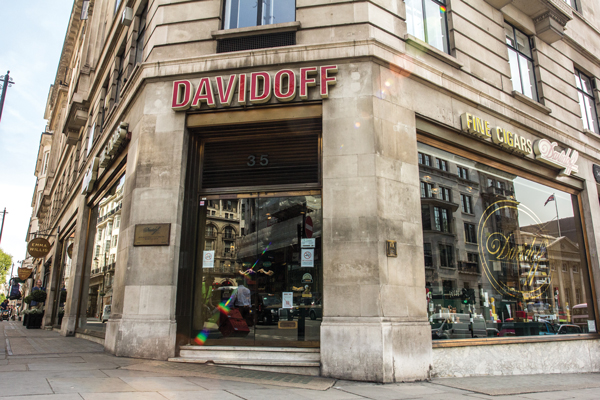
What impact has the revised European Tobacco Products Directive (TPD2) had on your business?
Sahakian: This has affected us as a retailer, but fortunately the majority of the impact and implementation has been dealt with by the manufacturers and importers rather than the retailers.
